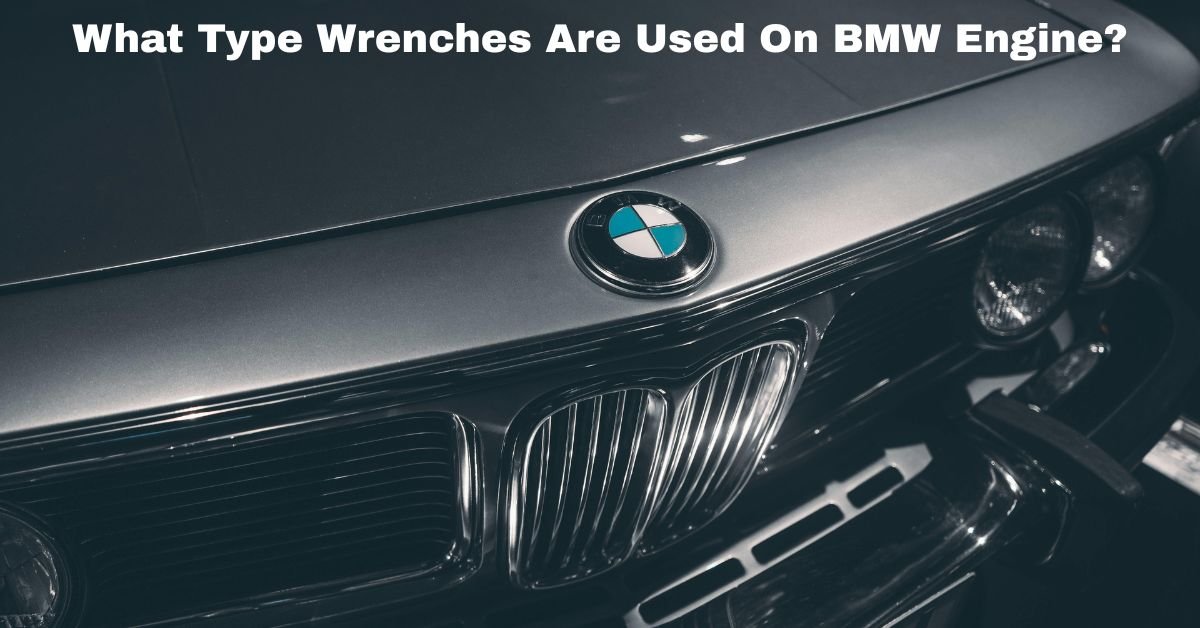Working on a BMW engine, whether for basic maintenance or full repairs, requires the right tools to ensure precision, safety, and efficiency. One of the most fundamental tool categories in any automotive toolkit is wrenches. However, not all wrenches are created equal—especially when it comes to high-performance, German-engineered vehicles like BMWs.
In this blog post, we’ll explore the different types of wrenches commonly used on BMW engines, why they’re important, and tips for selecting the right ones for the job.
What Type of Wrenches Are Used on BMW Engines?
1. Socket Wrenches (Ratchets and Sockets)
The most widely used tool when working on BMW engines is the socket wrench, often referred to as a ratchet. BMWs, like most modern vehicles, use a wide variety of bolt and nut sizes—many of which are best accessed with socket tools.
Common Socket Sizes:
- 8mm, 10mm, 13mm, 15mm, 17mm (very common on BMWs)
- E-torx sockets (used heavily in German-engineered vehicles)
Important Tips:
- Invest in metric socket sets (BMW does not use SAE/imperial measurements).
- Use deep sockets for bolts that are recessed or have long threads.
- 3/8” drive ratchets are ideal for most engine-related bolts. A 1/4” drive is helpful for smaller or hard-to-reach fasteners, while 1/2” drive works for suspension or large engine components.
2. Torque Wrenches
Precision is key when working on any BMW engine. Torque wrenches ensure that bolts are tightened to factory specifications—critical for components like cylinder heads, valve covers, and oil pans.
Why They Matter:
- Overtightening can strip threads or crack aluminum parts.
- Undertightening can lead to leaks, vibration, or part failure.
BMW service manuals typically list specific torque values (in Nm) for each fastener. Make sure you have a click-type torque wrench or a digital torque wrench with a clear Newton-meter (Nm) scale.
3. E-Torx Wrenches (External Torx)
BMWs are known for using E-Torx bolts in many parts of the engine and drivetrain. These bolts have a star-shaped head, different from standard hex bolts.
Where You’ll Find Them:
- Engine covers
- Transmission mounts
- Intake manifolds
- Coil pack bolts
- Timing chain components
You’ll need a full E-torx socket set (E4–E18). Don’t try to substitute these with standard sockets—it risks rounding off the bolt heads.
Must Read: What Is The Chevy Turbomax Engine?

4. Allen Wrenches (Hex Keys)
BMW engines also feature a good number of internal hex bolts. These are often used for:
- Oil filter housing
- Thermostat housing
- Sensors and brackets
Metric hex key sizes such as 5mm, 6mm, and 8mm are commonly needed. A T-handle hex key or socket-style hex bit often makes jobs easier.
5. Box-End and Combination Wrenches
While socket wrenches offer speed and torque, sometimes you need the precision and accessibility of traditional combination wrenches (open on one end, box on the other).
They’re especially useful when:
- Working in tight spaces
- You need to hold one nut while turning another
- Dealing with rounded or corroded fasteners
Look for 12-point metric wrenches from 8mm to 19mm for most engine work.
6. Specialty Wrenches and Tools
BMW engines may also require specialized tools depending on the model and engine variant. For example:
- Fan clutch wrench – for removing engine-driven fans
- Fuel line disconnect tools
- Oxygen sensor socket – how remove O2 sensors without causing any damage to the cable
- Serpentine belt tool – to remove and adjust the auxiliary belt’s tension
Final Thoughts
BMWs are engineered with performance and precision in mind, which is why using the right type of wrench is so important. While a basic metric socket set can get you started, investing in E-torx sockets, torque wrenches, and specialty tools will make your work smoother and prevent costly damage.
Whether you’re doing DIY maintenance or full engine repairs, having the proper wrenches ensures not just the success of your project, but the longevity and performance of your BMW. For information on torque specifications and methods, always consult a repair manual or BMW service guide.
Pro Tip:
Consider purchasing a BMW-specific tool kit or a comprehensive German car mechanic tool set, which often includes many of the tools mentioned above.
